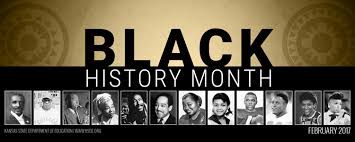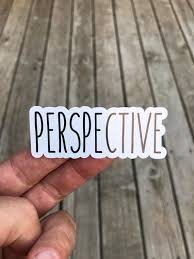
No one can whistle a symphony. It takes a whole orchestra to play it. – H. E. Luccock
I read a story about a family in New York who intended to raise cattle, so they bought a ranch out West. When their friends visited and inquired about the ranch’s name, the would-be rancher replied, “I wanted to name it the Bar-J. My wife favored Suzy-Q. One of the sons wanted the Flying-J while the other liked the Lazy-Y. So we’re calling it the Bar-J-SuzyQ-Flying-W-Lazy Y.
“But where are all your cattle?” the friends asked. The would-be rancher replied, “None survived the branding.”
While the story does have a humorous component to it, the sad reality is that this scenario plays out on a regular basis all the time. It doesn’t happen on a ranch. It happens in businesses and organizations where its people have failed to find common ground.
In his book, The Leader’s Greatest Return, leadership expert John Maxwell states, “You need to find common ground with potential leaders, which is less about ability and more a function of attitude.” He’s right.
But why is common ground so hard to find and maintain? Here are a few reasons that quickly come to mind.
- Individual agendas – We want it done our way and we are not willing to bend
- Unchecked ego’s – We think it’s all about us
- We have unhealthy relationships – We view each other as competitors rather than colleagues. Internally there’s an us vs. them mindset that’s killing the culture.
Finding common ground is but a beginning to building deeper and healthier relationships within your organization. It’s where trust, loyalty, and respect are established. With it, the sky’s the limit. Without it, you’ll always be scratching your head trying to figure out why you’re stuck and not making progress.
So how do you find common ground? It’s not as complicated as you might think. Here are a few suggestions.
Ask more, talk less (this is where the buy-in happens)
One way to harness the power of common ground is to ask questions. Seek out feedback from all sectors of your organization. The more you ask, the more you will know. That much is a given.
But by asking questions you are also inviting more buy-in and participation from your people. Finding common ground is a discovery that begins simply by talking less and asking more.
Seek first to understand (then be understood)
The difference between a smart leader and a not-so-smart leader is that the smart one wants to understand others before being understood. Click To Tweet As a leader, when you invest the time to get to know your people – what makes them tick, understand on a deeper level what they do, how they do it, and why – then it opens up a whole new level of understanding for you as a leader.
Also in this is your ability to understand their needs on a more personal level. It’s not just about knowing their requests or their frustrations, but why it matters and is so important to them. When you seek to understand, you are laying a strong foundation of common ground.
Prepare the path (to a brighter future)
It’s not an uncommon desire on the part of a lot of people to want the path cleared for them. But when you prepare your people for the path then they can tackle any obstacle that arises on it. This is done when you and your team have found common ground.
When your people, at every level, are empowered, trusted, given the ability to make decisions in real-time, it’s a game-changer. Click To TweetThis can only happen and be successful when you’ve dealt with individual agendas, unchecked ego’s, and have built healthy relationships. It’s a must if you want your team to share common ground.
Final Thoughts
Harnessing the power of common ground can transform your organization when you approach it with a humble attitude and right mindset. Your people will learn the value of being on a team with a purpose. As a leader, you’ll be pleasantly surprised to learn that it’s not about you.
Common ground is a game-changer. Find it. Protect it. Live it.
©2020 Doug Dickerson











